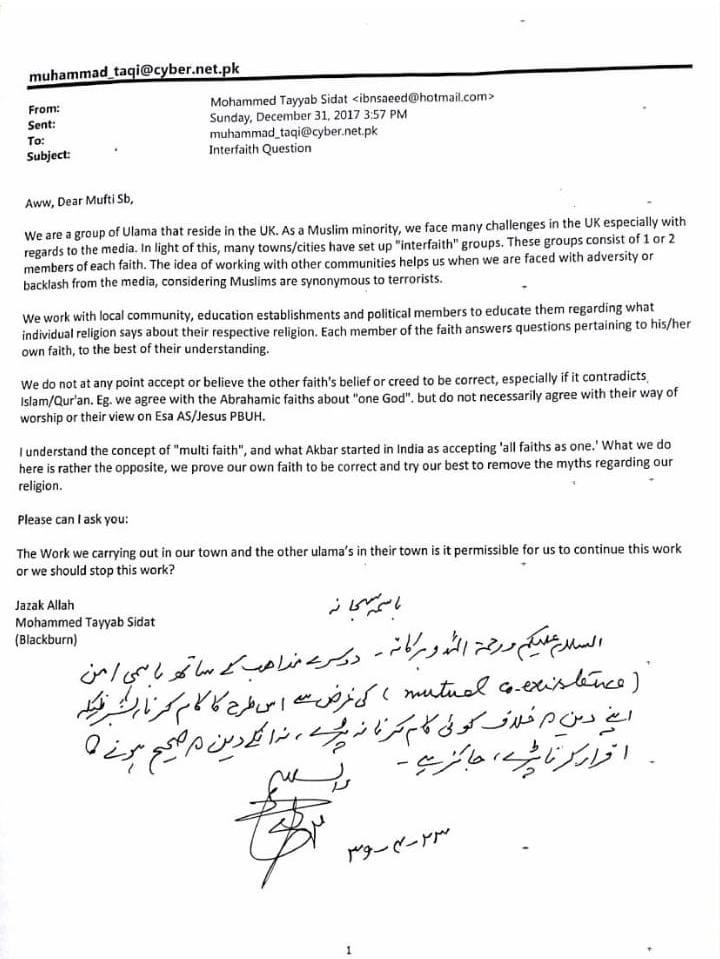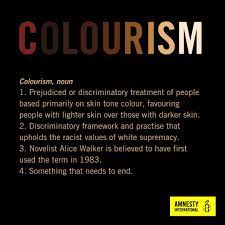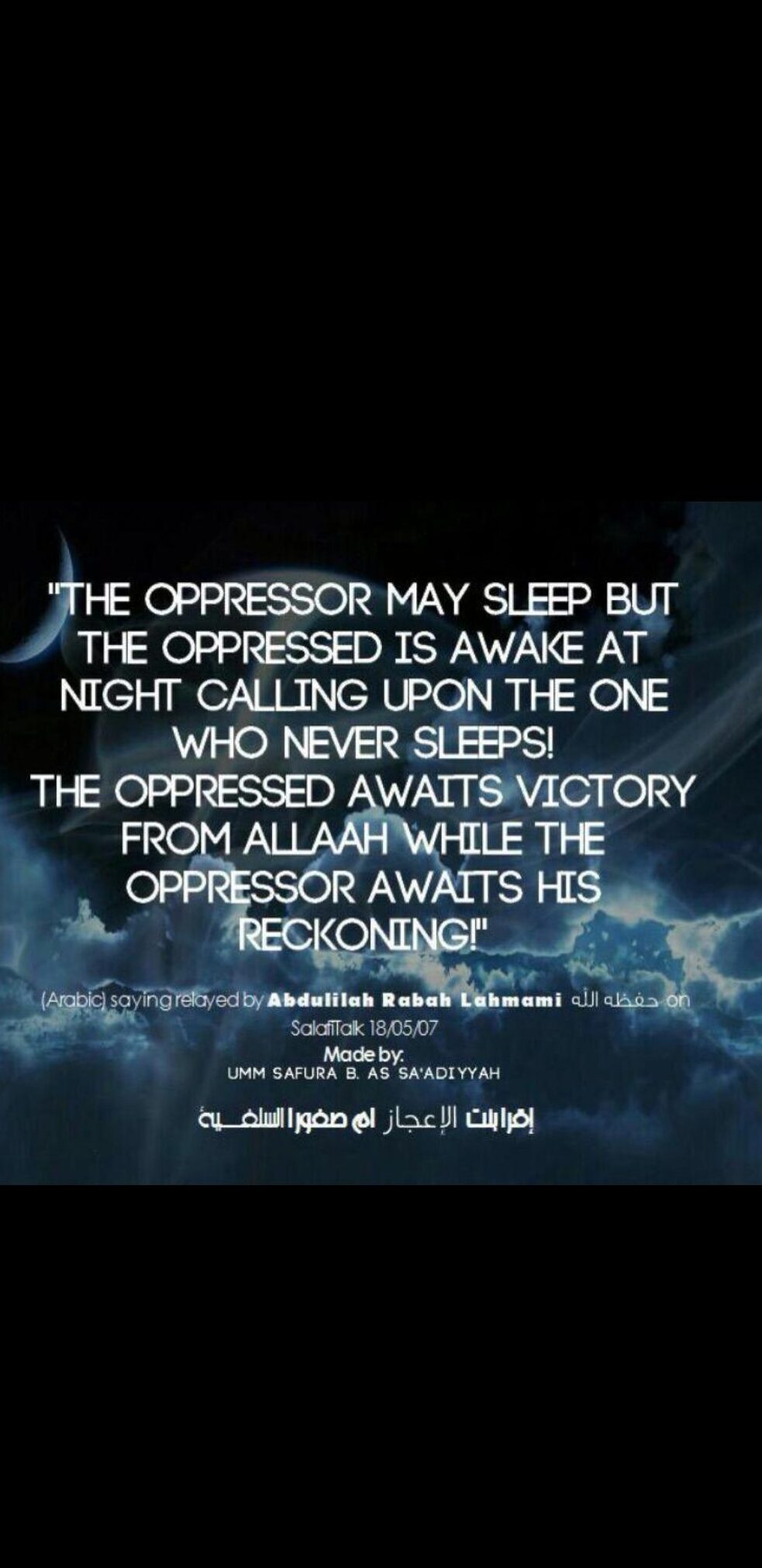1. Sihr of Separation
This is very common form of black magic which aims to separate or make discord between two spouses, or stir up hatred between two friends or two partners.
Allah says: (…and they follow what the Shayaateen (devils) recited over Sulaymaan’s Kingdom. Sulaymaan disbelieved not but the Shayaateen disbelieved, teaching the people sorcery, and that which was sent down upon Babylon’s two angels, Haroot and Maroot; they taught not any man, without they said, ‘We are but a temptation; do not disbelieve.’ From them they learned how they might divide a man and his wife, yet they did not hurt any man thereby, save by the leave of Allah (swt), and they learnt what hurt them and did not profit them, knowing well that whosoever buys it shall have no share in the world to come; evil then was that they sold themselves for; if they had but known.) (al-Baqarah/02: v 102)
Jabir (RadiyAllahu ‘anhu) reported that the Prophet (Sallallaahu ‘Alayhi wa Sallam) said: “Iblis would lay his throne on water and would send his brigade of demons. The lowest among them in rank is the one who is most notorious in stirring up fitna. One of the demons would, after a mission, come and say to Iblis, ‘I have done so and so.’ Iblis would reply, ‘You have not done anything.’ Another one would come and say: ‘I have not left such and such person until I separated him from his wife.’ Iblis would come closer to his demon and say, ‘How good you are.’” – (Muslim in An-Nawawi : 17/157)
Symptoms of Sihr of Separation:
1. A sudden change in attitude from love to hate.
2. Exaggerating the causes of disputes between two people, even though they may be trivial.
3. Changing the mental image that a woman may have of her husband, or changing the mental image that a man may have of his wife; so that the man would see his wife in an ugly way, even though she were beautiful. In reality, it is the demon who is entrusted with the task of performing this type of Sihr is the one who would appear to the husband in her person, but in an ugly way. By the same token, the woman would see her husband in a horrible way.
4. The person affected by Sihr hates anything the other party does.
5.The person affected by Sihr hates the place in which the other party stays. For instance, a husband may be in good mood when he is outdoors, but when he returns home, he feels quiete depressed.
According to Al-Hafidh Ibn Kathir, the cause of separation between two spouses through this Sihr is that each of them appears to the other as an ugly or ill-mannered person. – (Tafsir ibn Kathir: 1/144)
2. Sihr Al-Mahabbah / At-Tiwala (Love)
Rasoolullah (Sallallaahu ‘Alayhi wa Sallam) said: “Ar-ruqa, at-tama’im and at-tiwala are acts of shirk (polytheism).” – (Ahmad) (1/381)
According to Ibn Al-Athir, At-Tiwala is a type of Sihr which makes a man love his wife. The reason why this type of Sihr is classed by the Prophet (saw) as an act of polytheism is because those who have it done for them believe that it has an effect and does the opposite of what Allah (swt) has prescribed. – (An-Nihaya: 1/200)
I would like to emphasise that the ruqyah (treatment) referred to in the above hadith is the one which seeks the assistance of Jinn and devils and consists of acts classed as polytheistic. However, the ruqyah which is based on the Qur’an and lawful supplications of Allah is lawful, according to scholars. It is reported in Sahih Muslim that the Prophet (Sallallaahu ‘Alayhi wa Sallam) was quoted as saying: “There is no harm in using ruqyah as a means of treatment provided it does not consist of anything polytheistic.”
3. Sihr At-Takhyil (False Appearance of Objects)
Allah says: They said, “Moses, will you throw something down or shall we be the ones to throw.” He said, “You throw!” So when, they charmed people’s eyes and overawed them. They produced a splendid Sihr. And We revealed to Moses: ‘Cast thy staff.’ And lo, it forthwith swallowed up their lying invention. So the truth came to pass, and false was proved what they were doing. So they were vanquished there, and they turned about, humbled. And the sorcerers were cast down, bowing themselves. They said, ‘We believe in the Lord of al-’Alamin (Jinn and mankind), the Lord of Moses and Harun. (7:117-122) They said, ‘Moses, either you will cast (something) or shall we be the first to cast (a spell)?’. It seemed to him under the effect of their Sihr that their ropes and stuff were sliding. (17:65-66)
Symptoms
1. A fixed object would appear to be mobile, while a mobile object would appear to be fixed for the viewer.
2. A small object would appear large, while a large object would appear small for the viewer.
3. The false appearance of objects: Under the effect of the magic of Pharaoh’s sorcerers, ropes and rods appeared to viewers as real snakes.
4. Sihr Al-Junoon (Becoming Insane)
Kharija Ibn Salat reported that his paternal uncle went to the Prophet (Sallallaahu ‘Alayhi wa Sallam) and declared his conversion to Islam. On his way back, his uncle passed by a people who had fettered a lunatic in chains. They said: “We were told that your companion (the Prophet Sallallaahu ‘Alayhi wa Sallam) has brought good with him. Do you have anything with which to cure our lunatic?” I recited al-Faatihah (the opening chapter of Qur-aan) and he was cured. They gave me one hundred sheep and then approached the Prophet (Sallallaahu ‘Alayhi wa Sallam) to inform him of it. He asked: “Did you say anything other than this?” I replied: “No.” He said: “Take it, for by my life, some would accept in return for a false Ruqyah, but you have done this with a genuine one.” According to another narration, “the man cured him by reciting al-Faatihah for three days, day and night; whenever he finished reciting it, he would gather his saliva and spit.”
Symptoms
1. Severe absentmindedness and forgetfulness
2. Confused speech
3. Bulging eyes and deviation of sight
4. Restlessness
5. Inability to do a task regularly
6. Disinterest in one’s appearance
7. ln severe cases, one can tell from a lunatic’s face that he does know where he is going, and he would probably sleep in derelict places
5. Sihr Al-Khumul (Lethargy)
How this happens
A saahir (sorcerer/sorceress) would send a Jinn to the targeted person, instructing him to settle in his brain and make him introverted and lonely. The Jinn would do his best to carry out the mission, and the symptoms of this Sihr would appear, according to the strength and weakness of the Jinn entrusted with the task.
Symptoms
1. Love of seclusion
2. Absolute introversion
3. Constant silence
4. Anti-sociability
5. Absentmindedness
6. Frequent headaches
7. Quietness and constant lethargy
6. Sihr Al-Hawatif (Bad Dreams & Hearing Voices)
Symptoms
1. The patient experiences nightmares
2. The patient sees in a dream as if someone were calling him
3. The patient hears voices talking to him when awake, but cannot see where these voices are coming from
4. The patient hears much whispering (Al-Waswas)
5. The patient is very suspicious of his/her friends and relatives
6. The patient dreams of seeing himself/herself falling from a high place
7. The patient dreams of seeing himself/herself being chased by animals
7. Sihr Al-Marad (Illness)
Symptoms
1. Constant pain in one part of the body
2. Epilepsy
3. Paralysis of one area of the patient’s body
4. Total paralysis of the body
5. Disability in of one of the sense organs
8. Sihr An-Nazif (Bleeding Following Menses)
How it is achieved
This type of Sihr affects women only. A saahir sends a Jinn to the targeted woman and instructs him to cause her to bleed. To do so, the Jinn enters the woman’s body and circulates in her veins and arteries with the blood. This notion of circulation has long been warned about by the Prophet (saw) in the following tradition: “Shaytaan circulates in man’s body like blood.” – (Al-Bukhari: Fath Al-Bari: 4/282)
When the Jinn reaches a known vein in the woman’s womb, he stomps it so that the vein bleeds. This fact was also pointed out by the Prophet (Sallallaahu ‘Alayhi wa Sallam) when Hamna bint Jahsh asked his opinion on the issue of bleeding outside the period of menses, and he said: “Such bleeding is but one of Shaytaan’s stomping.” – (At-Tirmidhi)
According to another tradition, the bleeding “is the result of Shaytaan’s stomping on a vein rather than from a normal menses.” – (Ahmad and An-Nasai)
Therefore, according to both traditions, a menstruation that occurs outside its normal period is one of the Shaytaan’s stomps on one of the womb’s veins.
According to scholars of Fiqh (jurisprudence), an-nazif refers to al-istihaadha (continuous menstruation), and according to doctors, it refers to bleeding.
According to Ibn Al-Athir, al-istihadha means bleeding following a normal menses. This bleeding may last for months, and the amount of blood could be little or large.
9. Sihr of Impeding Marriage
The Jinn has two options
1. If he can enter the girl, then he would cause her to feel uncomfortable with any prospective husband and; thus, turn him down.
2. If he cannot enter the girl, then he would use the Sihr of imagination, from outside. As a result, a suitor would see the girl in an ugly image under the effect of the Jinn’s whispering, and so would the girl.
Under the effect of this Sihr and under the Jinn is whispering, a suitor, who would have initially agreed to the marriage, would decline after a few days, without any valid reason.
In cases of a strong Sihr, a suitor would, upon entering the house of his prospective wife, feel very uncomfortable and see darkness before him as if he were in prison, and so would never return. During the period of this Sihr, the Jinn may cause the girl to experience occasional headaches.
Symptoms
1. Occasional headaches, which persist despite medication
2. Severe tightness in the chest, especially between al-’asr and midnight
3. The patient sees the suitor in an ugly image
4. Absentmindedness
5. Anxiety during sleep
6. Occasional constant stomach-aches
7. Pain in the lower part of the back
10. Sihr regarding Sexual Intimacy
Al Sihr Ar-rabt (Penile Erection Problem during intercourse), Al- ‘ajz al-jinsi (impotence) and Adh-dhu’f al-jinsi (sexual weakness)
Ar-Rabt Al-’ajzal-jinsi (sexual inability / impotence):
The man affected by this type of Sihr feels active and energetic about having sexual intercourse with his wife. His penis is even erected as long as he is distant from his wife. Nevertheless, as he approaches her, his penis shrinks and is unable to have sexual intercourse. It means a man’s inability to have sexual intercourse with his wife, whether he is distant from or near her, as his penis cannot erect.
Adh-du’f al-jinsi (sexual weakness):
A man can only have sexual intercourse with his wife after long periods. Sexual intercourse takes place for only a short time; after which the penis looses its rigidity.
Ar-Rabt in Women (sexual frigidity)
Just as a man suffers from ar-rabt (penile erection failure) and is unable to have sexual intercourse with his wife, a woman, too, may suffer from ar-rabt (frigidity).
There are some types of rabt in women:
1. Rabt al-man’(obstruction): It occurs when a woman prevents her husband from having sexual intercourse with her by tightly joining her legs together and obstructing his penis from entering into her vagina. This reaction is automatic and beyond her control, but one young man whose wife was affected by this type of Sihr, criticised his wife for her response, so she explained that it was beyond her control. One day, she told him to put iron shackles between her legs to keep them apart before, starting sexual intercourse. He did that, but it was to no avail. Alternatively, she told him to give her a drug injection if he wants to have sexual intercourse with her. It worked, but only one partner benefited.
2. Rabt at-taballud (lack of sexual feeling): The Jinn entrusted with the mission of Sihr settles in the centre of sexual feeling in the woman’s brain and causes her to lose her sexual feeling, at the moment of sexual intercourse with her husband. As a result, she feels no sexual pleasure and does not respond to her husband. Her body becomes numb even if her husband does what he wishes with her. In this type of Sihr, the glands do not release the fluid which lubricates the vagina, and therefore, the sexual act cannot be achieved.
3. Rabt An-nazif (bleeding at the time of sexual intercourse): This is different from Sihr an-nazif in one aspect. While, rabt An-nazif is confined to the time of sexual intercourse, Sihr an-nazif may last for several days. In this type of Sihr, the Jinn causes heavy bleeding to the targeted woman at the time of sexual intercourse with her husband, and thus prevents the man from having sexual intercourse with his wife. One day, one man, who was a soldier, told me that whenever he came home for holidays, his wife would bleed as soon as he arrived home. The bleeding would last for the holiday period which was approximately five days, but would stop as soon as he went back to work.
PLEASE NOTE:
Dear reader, after having read all the above symptoms, it is easy to start saying ‘I have such and such a sympton, I MUST be affected’. We would like to remind you that until you have sought Ruqyah from a trusted and shar’ee raaqi and the presence of Jinn has been confirmed, one should NOT self-diagnose.











 Read daily after Fajr (morning) and Asr (evening)
Read daily after Fajr (morning) and Asr (evening)
